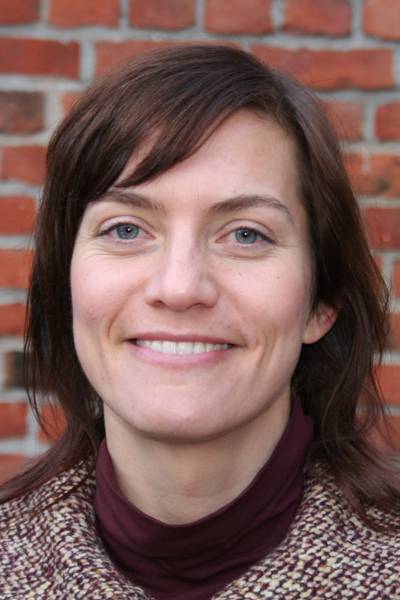Why are outsiders and non-democrats sometimes elected? Are there certain political institutions that are particularly conducive to election of these “extreme” presidential types? Does it matter whether or not “extreme” presidents are elected? Camilla Gjerde explores these questions by studying institutional design, political leadership, and democratic stability in presidential systems in Africa, Asia, and Latin America. She develops a model for classifying extreme presidents and tests it with statistical data from 1974 through 2004. Her conclusion is that despite strong theoretical arguments, institutions do not matter much for whether outsiders or non-democrats are elected. However, political institutions affect the type of president indirectly, by influencing the party system. Furthermore, leadership style matters for political stability. Gjerde shows that even though there are examples of outsiders and non-democrats who do not endanger the stability and legitimacy of the political system, most extreme presidents are indeed more likely to experience serious political instability than their more traditional and moderate colleagues.
Camilla Gjerde is a senior researcher at PRIO, Centre for the Study of Civil War (CSCW). This is her doctoral dissertation.






